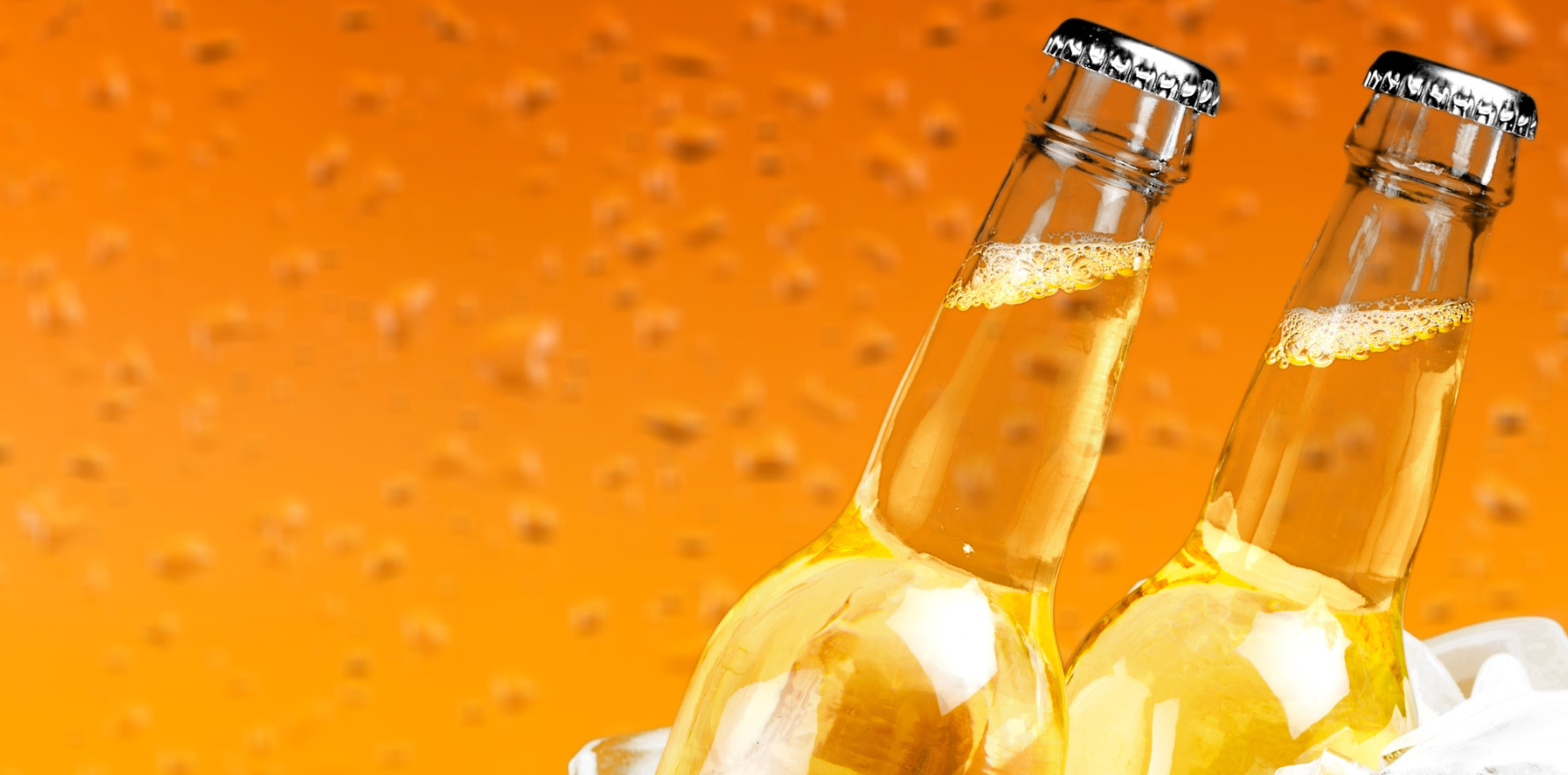The RACGP wants alcohol advertising to go the way of tobacco promotion, as AIHW data show an increase in the number of Aussies asking for help.
Concerns about the collective urge to self-medicate with alcohol during covid lockdowns have proven valid with new data showing a 16.4% increase in people reaching out for help with their drinking habit.
The latest report from the Australian Institute of Health and Welfare, released today, prompted the RACGP’s alcohol and other drug (AOD) spokesperson Dr Hester Wilson to call for governments to “take the alcohol industry seriously and save lives”.
“These latest figures are yet another wake-up call,” Dr Wilson said.
“More must be done to take on Big Alcohol and protect the health and wellbeing of our communities. It’s high time for government to recognise that alcohol is the new cigarettes.
“In Australia, we don’t allow tobacco companies to sponsor sporting events, or advertise, and most major political parties, except for the Nationals, no longer accept Big Tobacco donations.
“Alcohol should be treated in the same way; these companies should not be allowed to advertise or lobby politicians.”
In 2021-22 around 1300 publicly funded agencies provided services for clients seeking AOD treatment in Australia, ranging from 17 in the Australian Capital Territory to 475 in New South Wales, the AIHW reported.
“Alcohol was the most common principal drug of concern for all states and territories; Northern Territory (65%), Tasmania (49%), Western Australia (46%), NSW (43%), ACT (43%), South Australia (41%), Queensland (39%) and Victoria (39%) (nationally 42% of treatment episodes).
“Amphetamines were the second most common principal drug of concern in most states except for Queensland and Northern Territory. Treatment episodes for amphetamines ranged from 20% in the ACT to 31% in South Australia (nationally the second most common drug of concern; 24%).
“Counselling was the most common main treatment type nationally (36%), and the most common in all states except the Northern Territory.”
Foundation for Alcohol Research and Education (FARE) CEO Caterina Giorgi said the data shows a concerning increase in alcohol harm, reflecting a corresponding increase in hospitalisations and deaths.
“We’ve been really worried about the long-lasting effects of the covid pandemic on alcohol use in Australia. For every person who is reaching out for help, there are many people who can’t access support,” Ms Giorgi said.
“At the same time, we’ve seen alcohol companies increasingly using data to drive targeted marketing to people who are most at risk of harm. In an environment where every phone is a bottle shop, people doing it tough are being targeted in ways that prey on their vulnerabilities.
“We cannot just sit by and watch these numbers continue to rise for another decade. Governments across Australia need to be doing more to prevent the significant harms from alcohol.”





